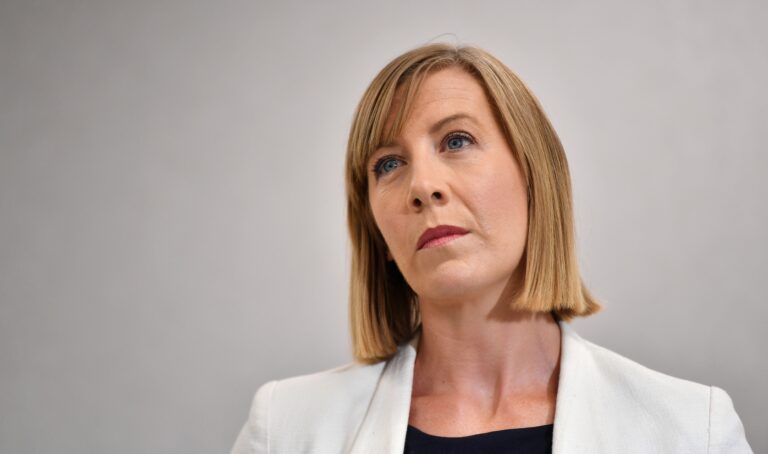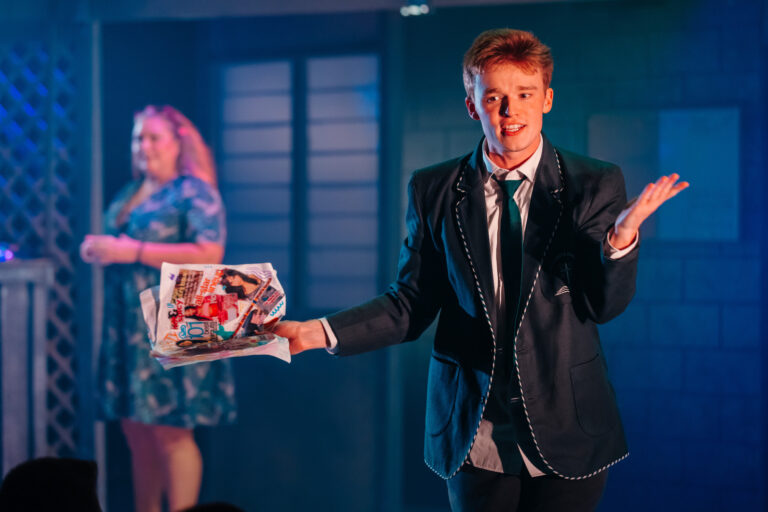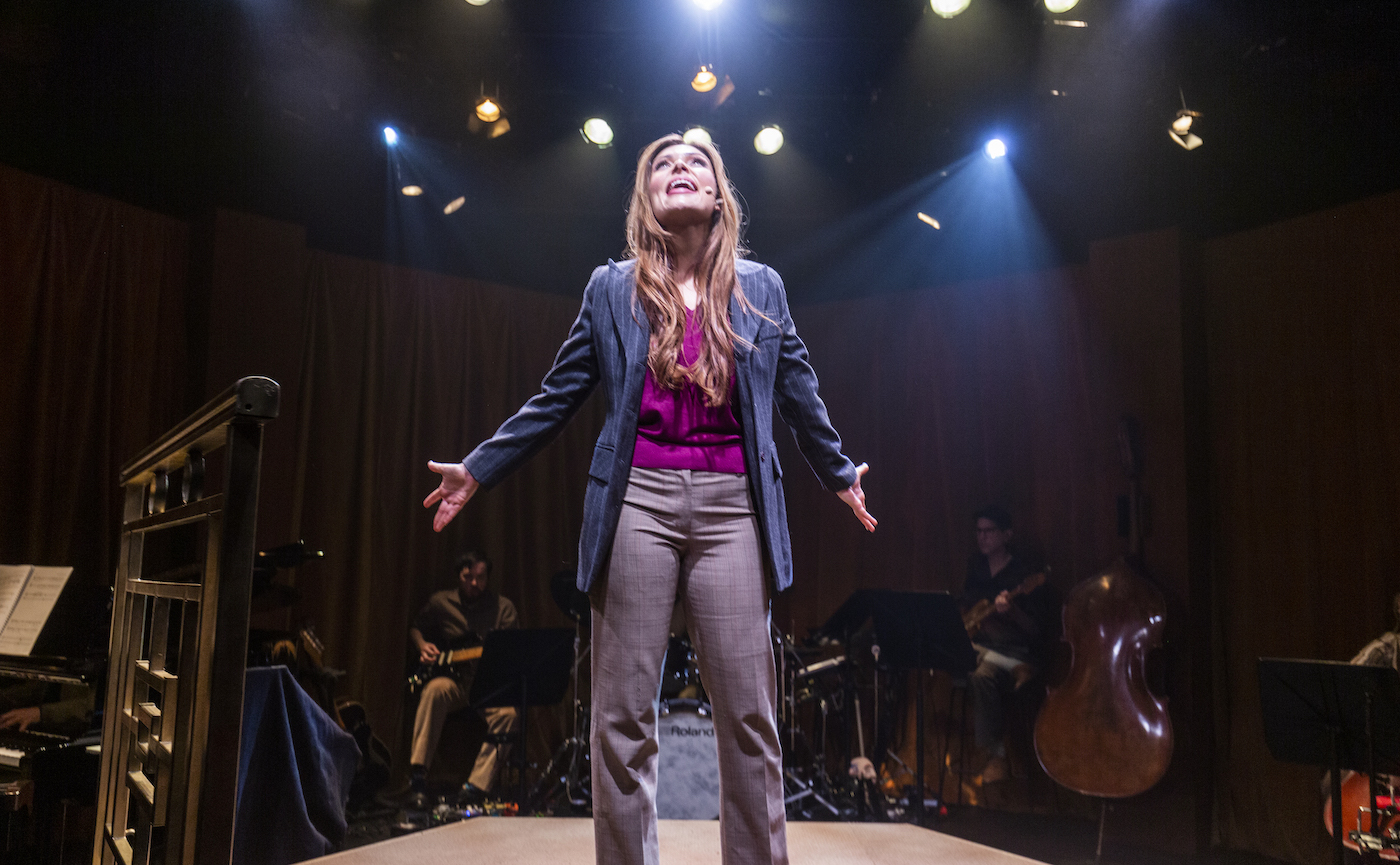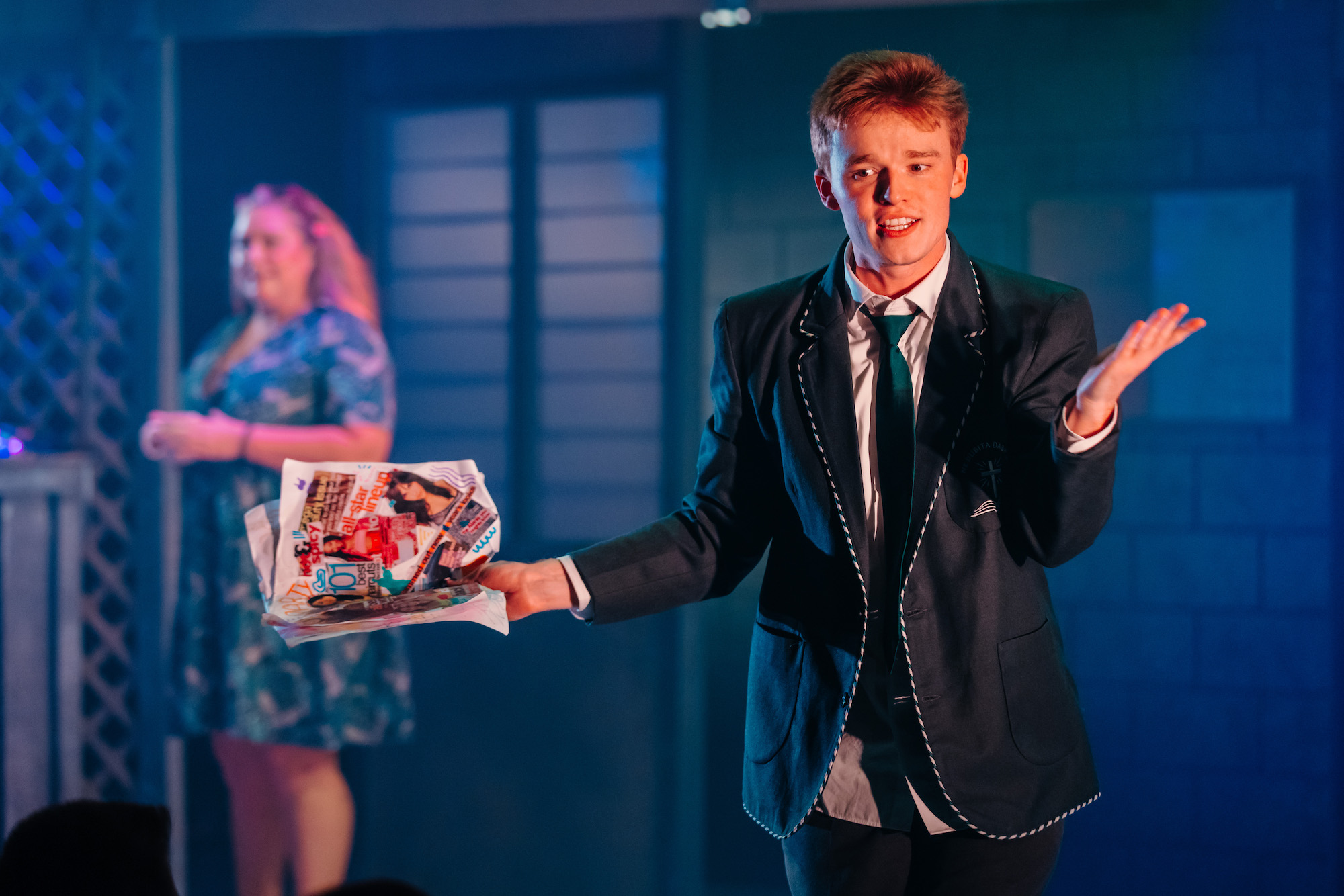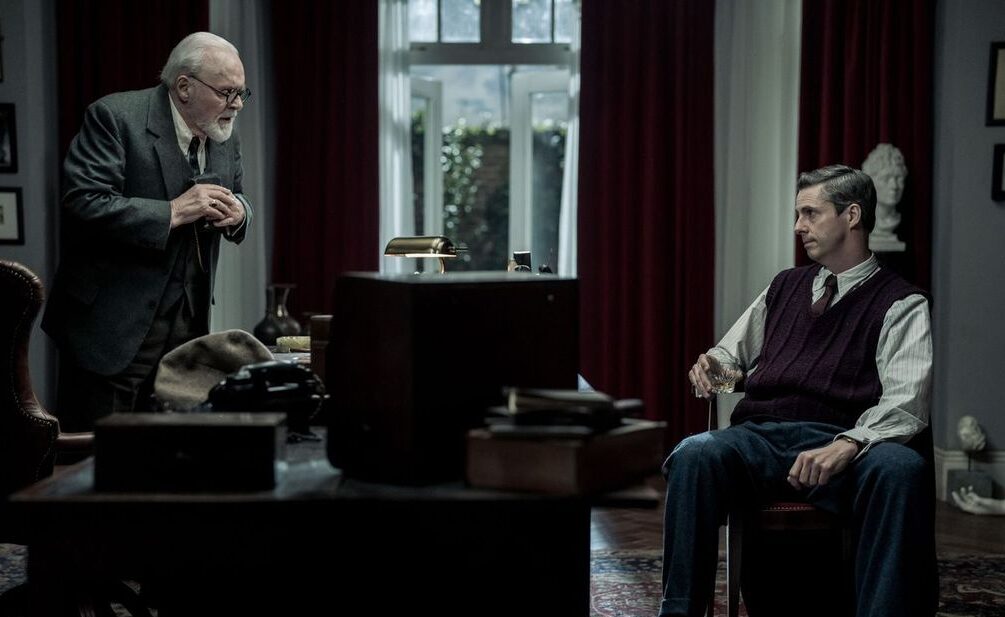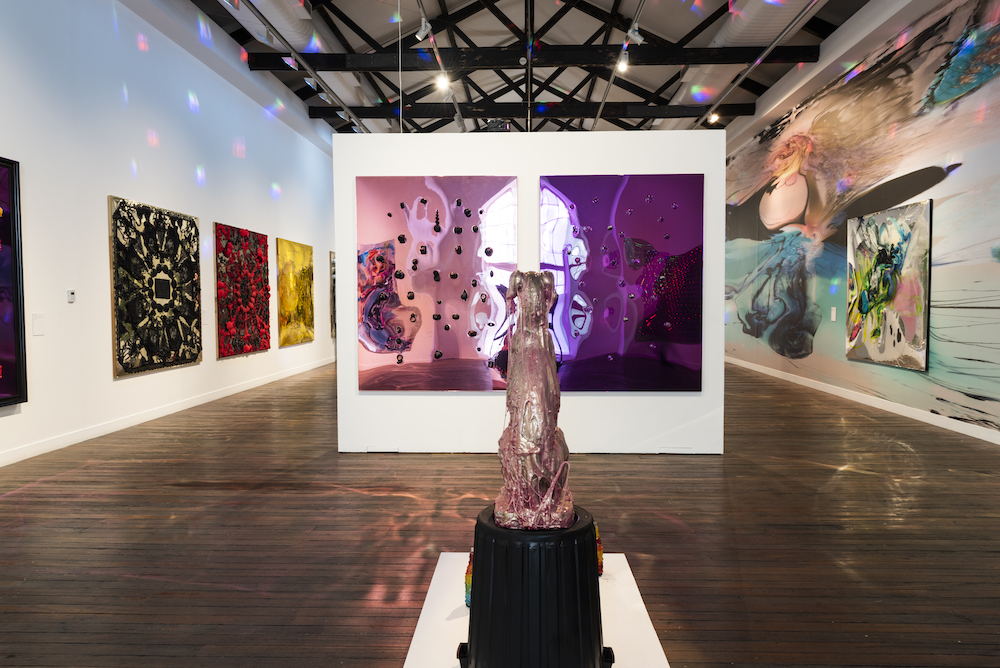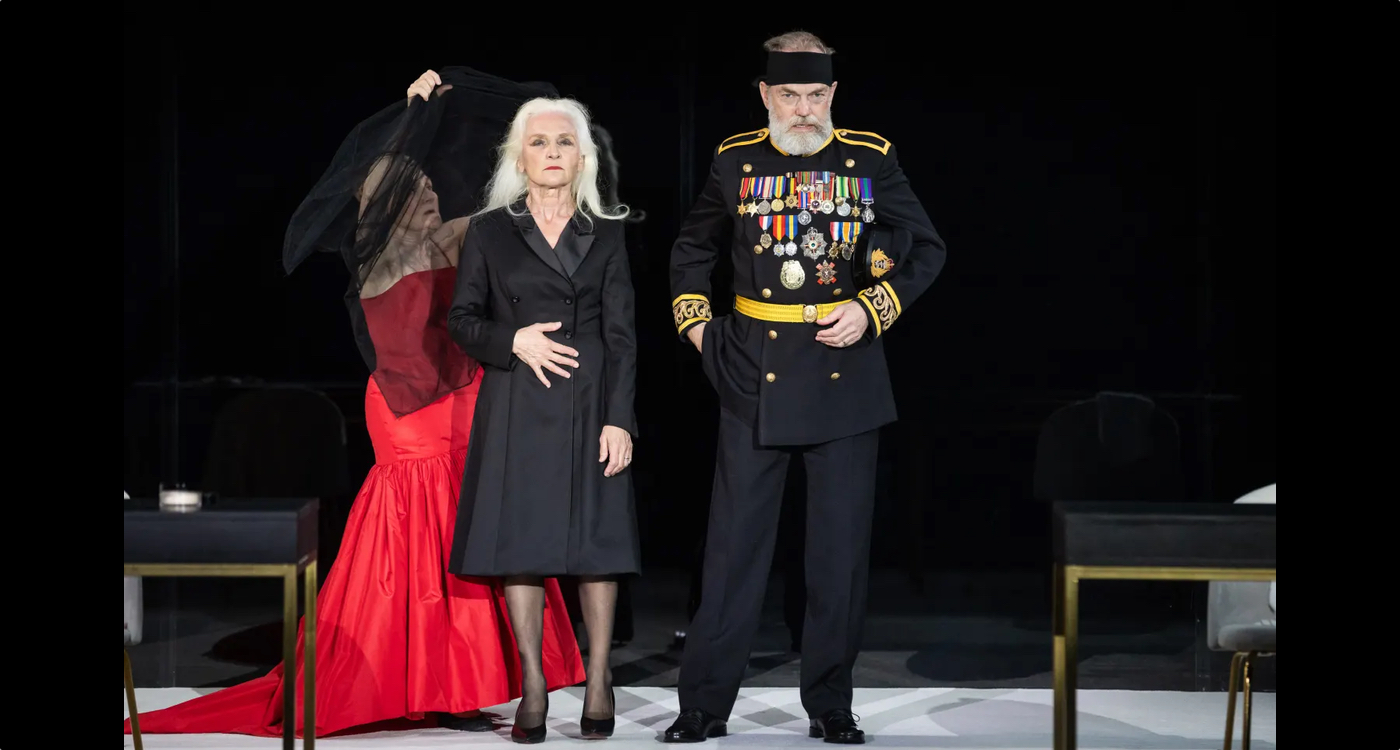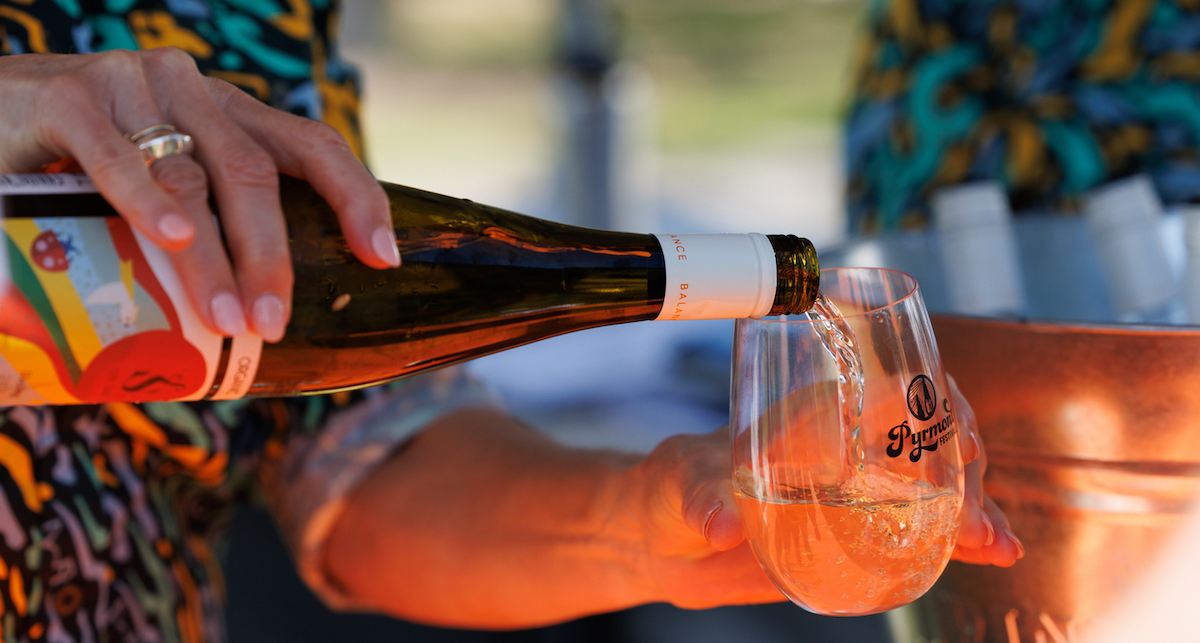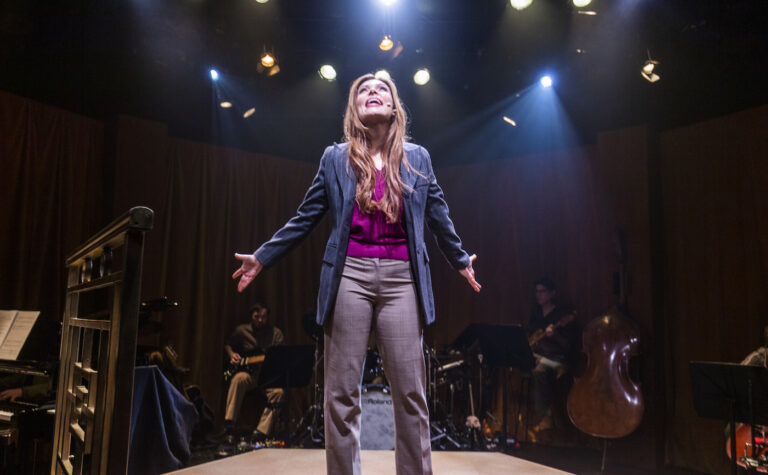
Jump for diverse theatre

Following the success of the 2012 Playwriting Festival, director Vanessa Bates and the NSW Writers’ Centre will present the 2014 Playwriting Festival on Saturday, March 29.
The festival will feature a range of theatre makers, producers and playwrights expressing their voices on issues affecting modern theatre.
Writer Lally Katz will provide the festival’s keynote address, with Ned Manning, Jane Bodie and Polly Rowe among others sharing their insights.
Artistic director of Playwriting Australia, Tim Roseman, will also speak on the day.
“The conversation this year will be about how playwrights can articulate the big questions that we have within our society, exploring the role of the playwright as a cultural beacon,” says Roseman. “Our playwrights in Australia are not given enough of a platform to speak their minds, as playwrights in America and the UK are.”
Roseman, who is also a dramaturge and producer, has directed an extensive list of plays in the UK and Australia.
“We are also discussing what the role of the artist is in society and how we would go about making both as interesting as possible. One of the key functions of the playwriting festival is to let audiences see the range of things that can happen in a playwrights’ minds, the possibilities of new writing are often limited by the practicalities,” he says.
A discussion panel featuring Tim Roseman, with playwrights Donna Abela, Nakkiah Lui, Jane Harrison, and Ned Manning, will also address the question of whether or not there is enough diversity in Australian theatre.
“I think we’ve known about the lack of diversity in theatre for over thirty years and it’s something we should always be questioning. It became clear to me personally when I was looking through all the plays I have admired and adored for many years and I realised they were all by white people.”
Here are the facts. Out of 270 Australian Playwrights surveyed by NSWWC, 93 per cent identified themselves as Anglo-Saxon. Each year, Screenwriting Australia receives 300 new script submissions; they develop and promote 30 new plays.
“If you’re running a theatre you view the best plays to show to audiences and the best plays most of the time are written by Anglo-Saxons, we have to start thinking more generously and long term about what to do as an entire culture. We also have to think about what to do now in terms of developing artists and audiences,” says Roseman. “We have to make sure that our cultural panorama is engaging with working in drama schools from all different areas and diverse backgrounds.”
Those from a culturally diverse background currently account for 7.3 million of Australia’s population; Roseman added that only 13 per cent of plays produced last year were by writers reflecting this number.
“The long term vision is easy to articulate, it’s the immediate challenge which poses the dilemma, which is that there is not enough multicultural work that is good enough to be viewed as equal quality to long-established white playwriting traditions,” he says.
Playwriting Australia has developed the Lotus Asian-Australian Playwriting project, the aim of which is to mentor and train Asian-Australians who are interested in pursuing writing for theatre.
“The Lotus Asian-Australian Playwriting Project has been a significant adventure for us, for many years we have been working in play programs and training programs for people from Indigenous backgrounds, we haven’t really had much time to focus on Asian-Australian talent.
Free playwriting workshops will be hosted in Brisbane, Melbourne and Sydney as part of this project.
“We looked for some published Asian-Australians and could find almost nothing, this means we are not telling the actual range of stories that exist in Australia, our goal is to train a new generation of Asian-Australian playwrights,” says Roseman.
He lists playwright and panellist Donna Abela as a thrilling voice and a beacon for modern theatre.
Abela’s recent production for the Griffin Theatre, Jump for Jordan, won the 2013 Playwriting Prize. The play centres on an aspiring archaeologist who leaves home, much to the dismay of her highly traditional Jordanian mother. Jump for Jordan explores the dilemma faced by many young Australians, of being caught between two dominant cultures, while trying to maintain their own identities in modern society.
“Jump for Jordan brings together characters who do not normally feature front and centre. Five of the six characters are Arabic or of Arabic descent, five are women, and two are lesbian. This is not because I wanted to tick any boxes, but because such people are just an everyday part of where I live and work,” says Abela.
“As a playwright, I am very conscious of the characters and voices omitted from our stages and screens, and where I can, I leap at the chance to redress this. Also, the clash of cultures, the negotiation of our differences, the forging of reconciled ways forward, is fantastic material for a dramatist.”
She continues, “The festival date coincides with the closing night of Jump For Jordan, and so is well timed for me to offer my reflections about the making of the play and the amazing reception is it receiving.” (GF)
Mar 29, NSW Writers’ Centre, Callan Park, Balmain Rd, Rozelle, $50-90, (02) 9555 9757, nswwc.org.au
